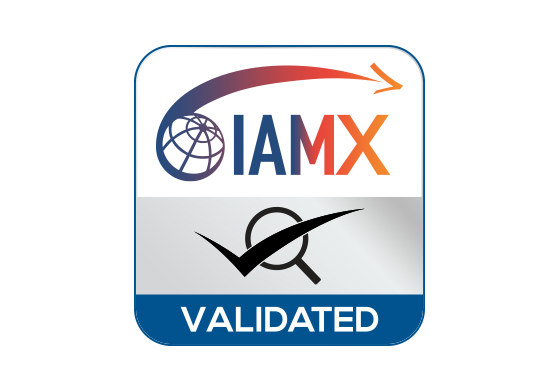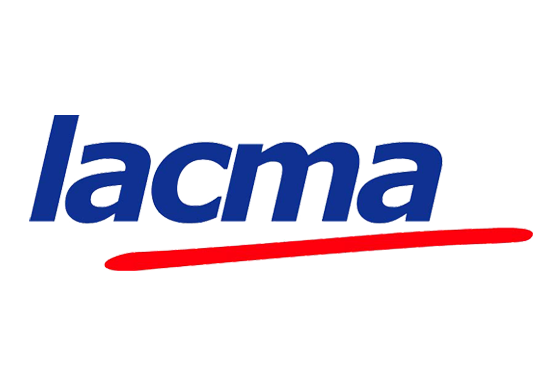
Corporate Sustainability
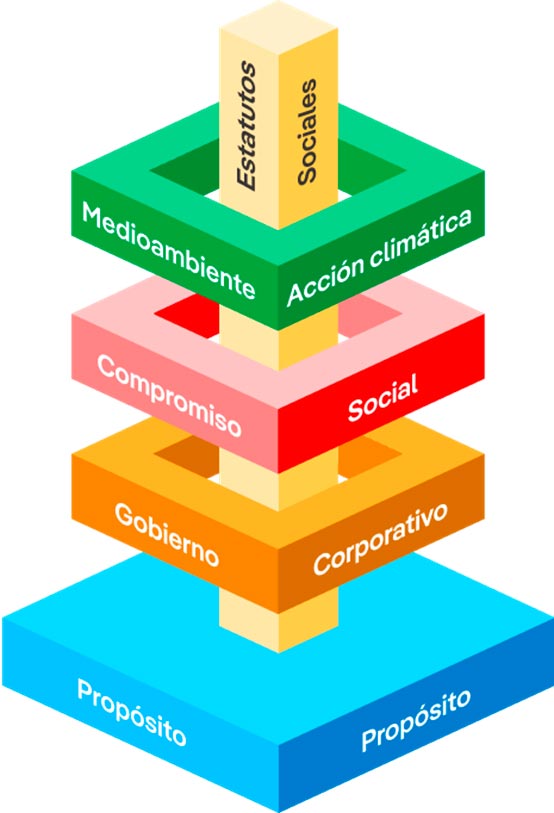
Our business approach is guided by commitments to the following principles: leadership, inclusion, transparency, integrity, stewardship, and continuous improvement.
Sustainability is part of our commitment to continuous improvement for our clients, employees, suppliers, and our planet. We seek to identify new ways to reduce our industry's impact on the environment through technology, equipment, and best business practices.
Mission
Raise awareness among our staff, clients, and suppliers about the importance of careful use of natural resources to prevent their depletion. Provide a high-quality service while preventing pollution and avoiding harm to the environment by reducing energy consumption, waste generation, and reliance on fossil fuels.
Fundamentals
Universal Cargo's commitment to the sustainable management of its operations is anchored in our core values and reflected in the actions of our staff to make a measurable, sustainable difference in the community where we work and live.
Purposes
Preserve, conserve, and protect the planet’s natural resources for the benefit of present and future generations.
Balance the need for economic growth with social development, respect for cultural diversity, and the responsible use of natural resources.
Our moving services rely heavily on natural resources, particularly materials such as paper, cardboard, and wood. Continuing our efforts to reduce waste through our philosophy of reducing, reusing, and recycling, we have identified the following categories where we can make a positive contribution:
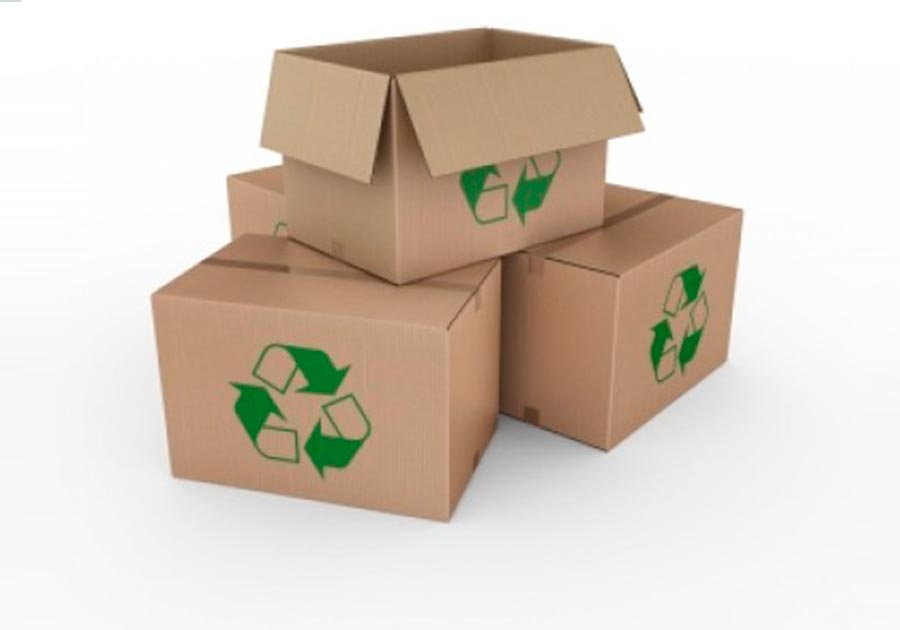
Paper, Cardboard, and Wood Recycling
To reduce environmental stress, we reuse moving boxes and packing materials as much as possible, recycle what cannot be reused, and use recycled materials whenever possible. We print only when necessary and minimize color printing. We also recycle previously printed sheets by reusing the blank side whenever possible.
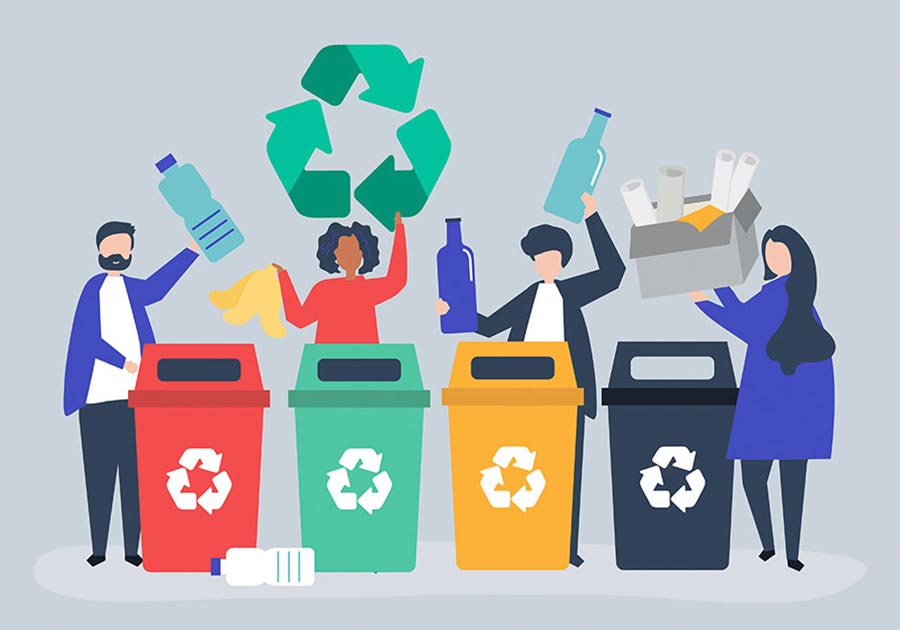
Waste Management
At Universal Cargo, we make constant efforts to reduce waste across all our operations, from the buildings we occupy to the services we provide to our clients. Our initiatives in this area cover everything from procurement to responsible waste disposal. Beyond complying with national regulations and standards, we have introduced specific strategies to minimize waste and maximize our contribution to the circular economy.
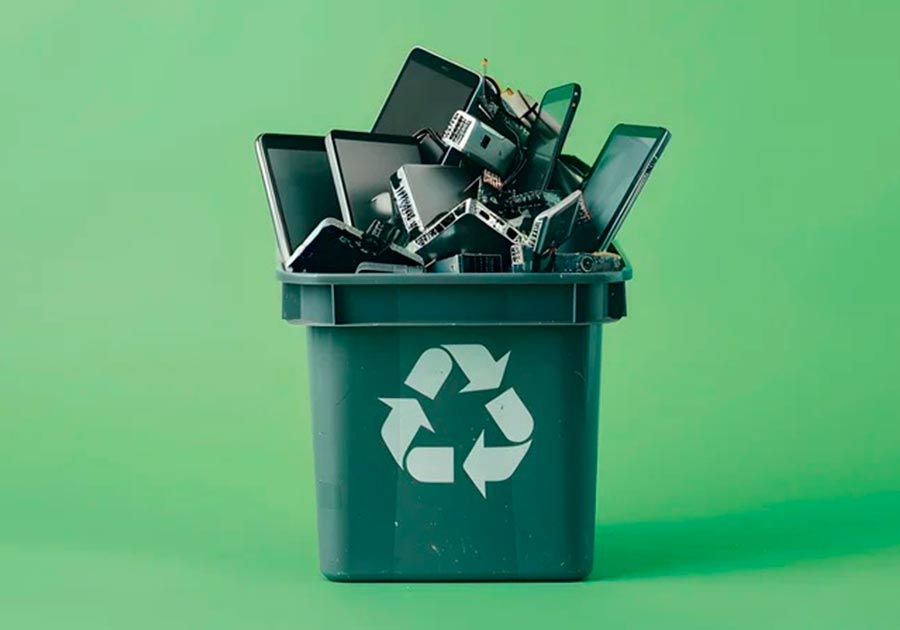
Electronic Waste (E-Waste) Management
Every year, millions of electrical and electronic devices are discarded because they break or become obsolete. These devices are considered electronic waste and can pose a threat to the environment and human health if not properly treated, disposed of, or recycled. Common items in electronic waste streams include computers, mobile phones, batteries, and household appliances. We promote the efficient use of resources so that waste generated by the industry re-enters the production cycle, contributing to the development of a circular economy.

Energy Efficiency
Across all our services and locations, we identify ways to drive meaningful change and increase our energy efficiency. We use eco-friendly office equipment, such as LED lighting and motion sensors. Additionally, we make a conscious effort to TURN OFF lights in unoccupied spaces, whether they are workspaces (such as offices and meeting rooms) or shared areas like kitchens and restrooms.
Request information of Corporate Sustainability





